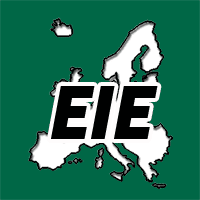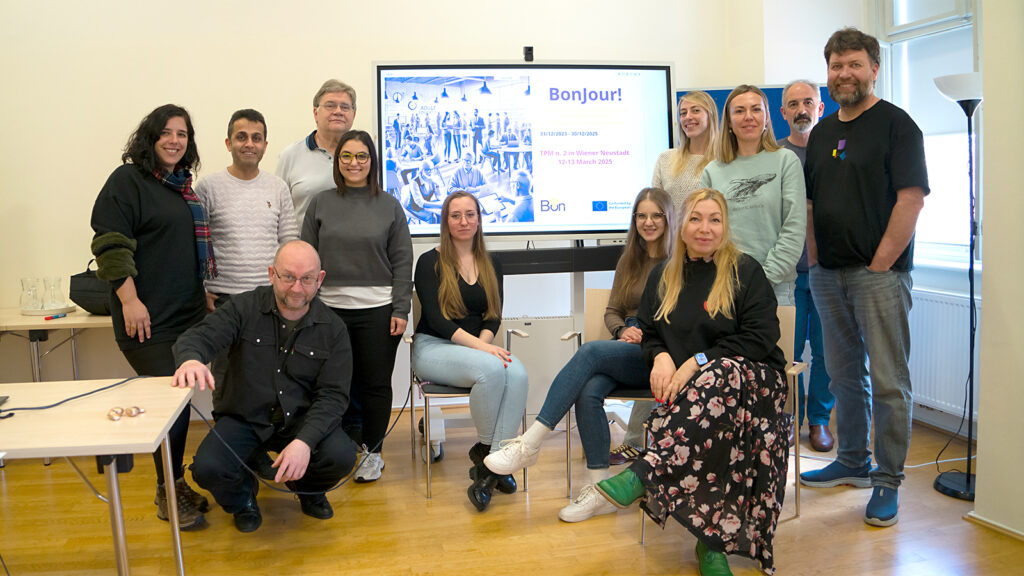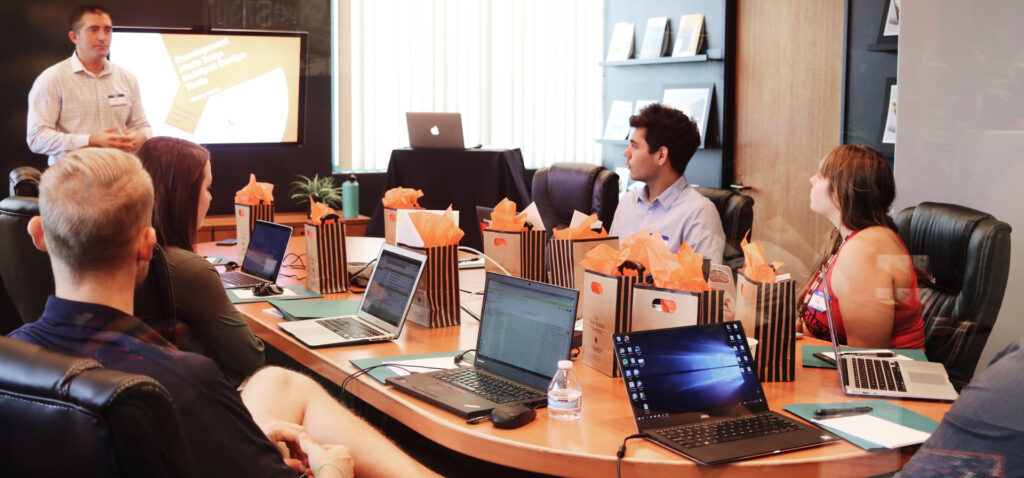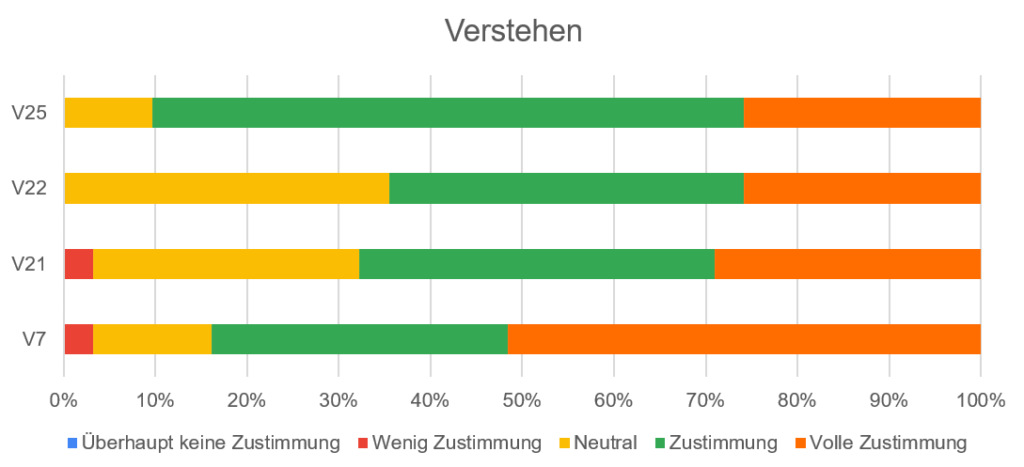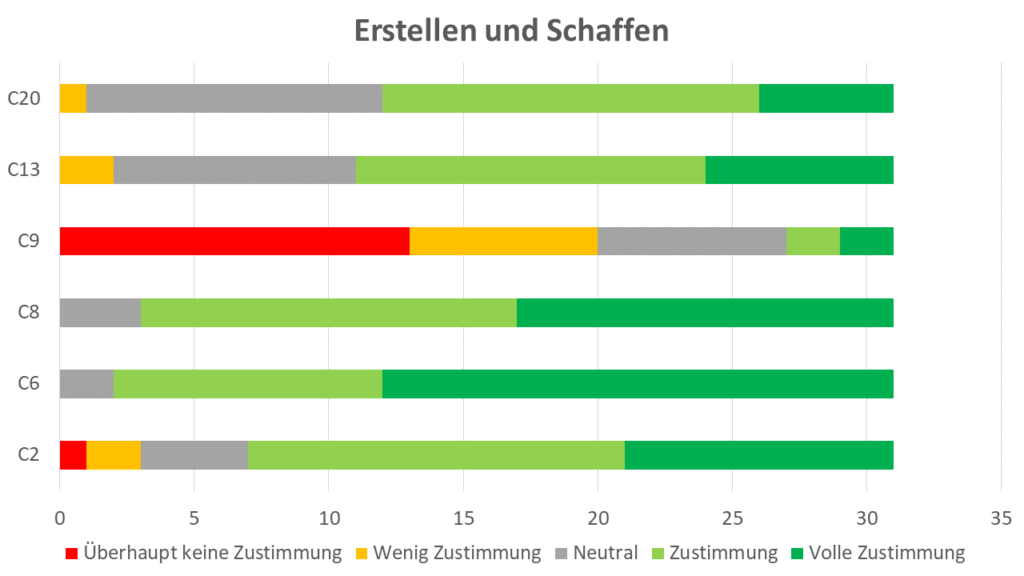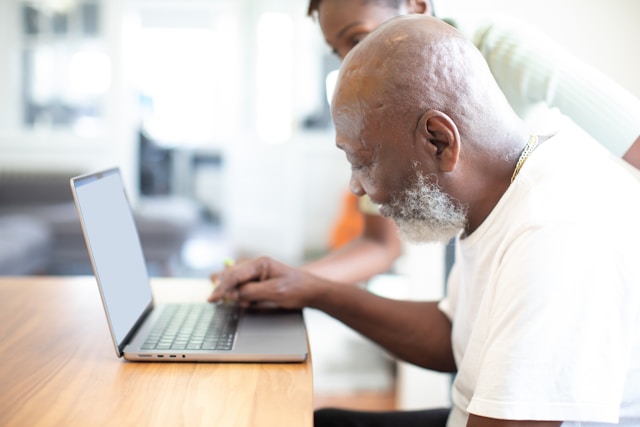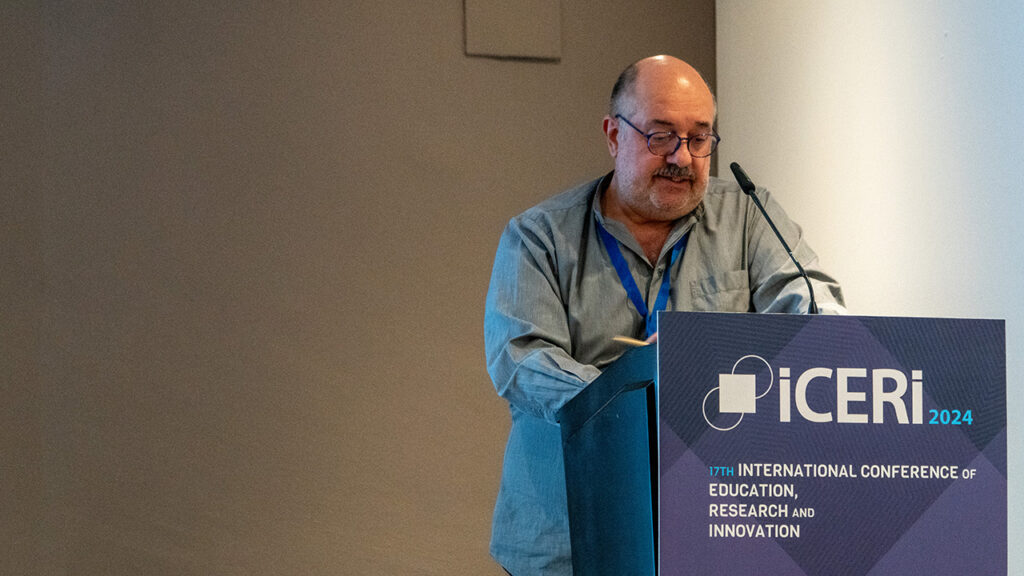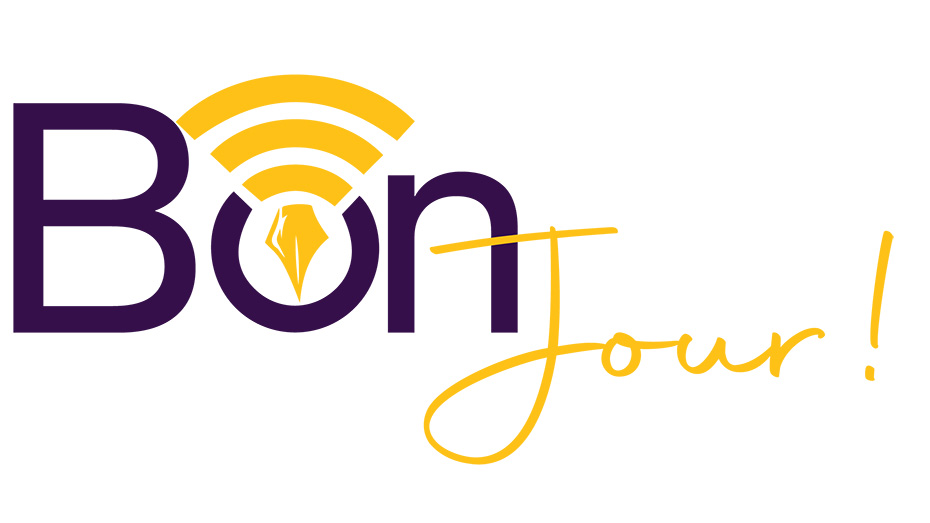 The objective of the BonJour! project is to enhance media literacy among older individuals by focusing on journalism and digital skill improvement. This effort aims to foster social activism among seniors and bridge the generation gap in digital proficiency. A key aspect of the plan involves establishing a pool of Media Educators for the Elderly, a role that is currently lacking despite its pressing need. The target groups include adult educators, senior educators, media educators, as well as individuals aged 55+ and senior learners.
The objective of the BonJour! project is to enhance media literacy among older individuals by focusing on journalism and digital skill improvement. This effort aims to foster social activism among seniors and bridge the generation gap in digital proficiency. A key aspect of the plan involves establishing a pool of Media Educators for the Elderly, a role that is currently lacking despite its pressing need. The target groups include adult educators, senior educators, media educators, as well as individuals aged 55+ and senior learners.
The implementation strategy includes conducting a learning needs analysis for seniors in media education, providing training for Media Educators for the Elderly, and offering courses for seniors to enhance critical thinking and ICT skills through media literacy and journalism. Additionally, the plan involves creating a handbook and guidelines for Media Educators, developing a curriculum for seniors, and launching a pilot program where elderly individuals actively contribute to media and digital content creation.
Expected outcomes include the establishment of a methodology for Media Literacy for the Elderly centered on journalism, the identification of the Media Educator profile, and the creation of a pool of Media Educators for the elderly. Furthermore, the initiative aims to produce a guide for Media Educators, an e-learning platform tailored to seniors’ needs, and tangible learning materials for elderly individuals.
Partners
 The project is coordinated by EduVita, an educational, cultural and intergenerational centre in the heart of Lecce, Southern Italy, founded in 2019.
The project is coordinated by EduVita, an educational, cultural and intergenerational centre in the heart of Lecce, Southern Italy, founded in 2019.
EduVita is a place of connection between past, present and future: we create learning opportunities to improve the quality of life of elderly and young people through intergenerational dialogue. Our NGO is active both locally and internationally, participating in Erasmus+ research and mobility programmes in the field of Adult Education.
We focus on pedagogical research, innovating teaching and learning processes, designing learning settings and developing new methodologies based on Adult Education and Intergenerational learning approaches.
Fundacja Pro Scientia Publica
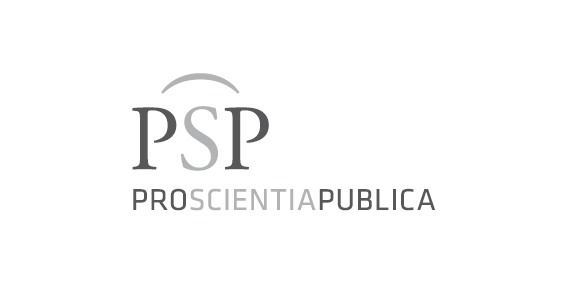 Fundacja Pro Scientia Publica is a non-profit NGO established in September 2010 in Wroclaw, Poland.
Fundacja Pro Scientia Publica is a non-profit NGO established in September 2010 in Wroclaw, Poland.
It creates, tests, and adapts senior learners’ curricula and provides high-quality guides for adult educators covering the three main areas: artistic, digital education, and critical thinking.
All courses are designed based on developing competencies for LLL that are essential to citizens for personal fulfilment, a healthy and sustainable lifestyle, active citizenship, and social inclusion.
Europäische Bildungsinitiative
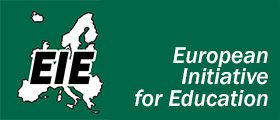 The “Europäische Bildungsinitiative” (EBI) in Wiener Neustadt, Austria, is a non-profit focusing on innovative education, training, and culture for adults and educators. It comprises training, technical, and research departments, offering courses, multimedia and interactive content development, and research on teaching methods. Activities include adult and school education, vocational training, and higher education courses. The EBI team consists of volunteers, including trainers, administrators, and researchers, paid only for specific project work or training activities.
The “Europäische Bildungsinitiative” (EBI) in Wiener Neustadt, Austria, is a non-profit focusing on innovative education, training, and culture for adults and educators. It comprises training, technical, and research departments, offering courses, multimedia and interactive content development, and research on teaching methods. Activities include adult and school education, vocational training, and higher education courses. The EBI team consists of volunteers, including trainers, administrators, and researchers, paid only for specific project work or training activities.
Peter Mazohl and Harald Makl will be coordination the Austrian team.
Web: www.advanced-training.net
Contact: info[at]advanced-training.at
International Foundation for the Development of Adult Education
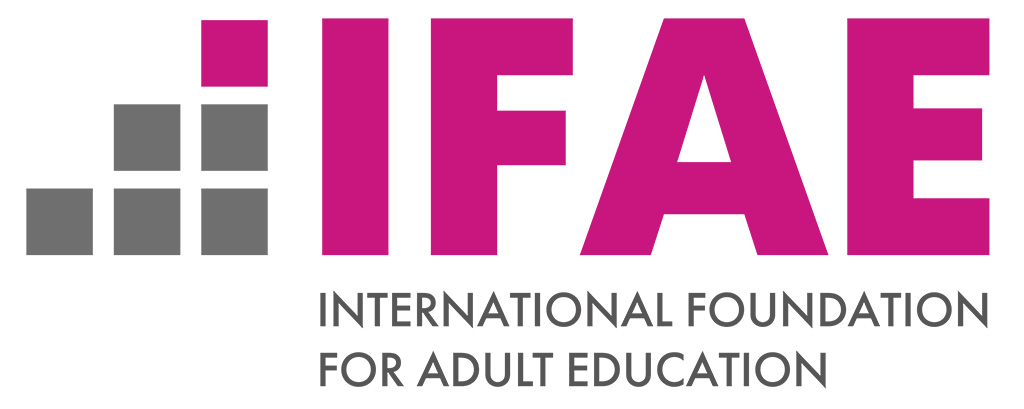 The International Foundation for the Development of Adult Education (IFAE) was registered on March 2023 in Warsaw, Poland.
The International Foundation for the Development of Adult Education (IFAE) was registered on March 2023 in Warsaw, Poland.
The Foundation’s mission is to improve the quality of human life and the development of civil society through lifelong learning and media education.
Programmes we are currently running:
- Virtual University (virtualny.live) – short courses and individual classes at Zoom on various topics (history, art, literature, psychology, economics, etc.).
- IFAE MediaLab School (media.ifae.live) Online and offline courses for beginners in journalism and blogging
- School of Media Competences for activists of NGOs
- BonJour – Enhancing the Critical Media Literacy of the Elderly throught Digital Education and Journalism
Web: www.ifae.live
e-mail: foundation.edulife@gmail.com
Nazilli Hayat Boyu Ogrenme Dernegi
Nazhayat is an association founded in 2015 by educators to foster intergenerational and intercultural connections. It supports retirees by reintegrating them into society, promoting active ageing, and providing courses for both adults and teenagers. By creating shared spaces for different generations, Nazhayat aims to enhance social inclusion and mental well-being.
My Madeira Island
 Associação MY MADEIRA ISLAND is a non-profit association that supports the social, economic, and cultural development of Madeira Island in accordance with the Sustainable Development Goals.
Associação MY MADEIRA ISLAND is a non-profit association that supports the social, economic, and cultural development of Madeira Island in accordance with the Sustainable Development Goals.
We contribute to the goals by organizing non-formal educational events and actions for young people and adults at the local and international levels and online initiatives.
My Madeira focuses on the following areas:
- Media literacy and critical thinking learning programs for young people and adults;
- Digital literacy and cybersecurity;
- Storytelling and creative writing, photography workshops, and video-making workshops.
We also run an online magazine that talks about the island of Madeira and its people.
BonJour Project – aims, activities, and results
We aim to enhance the media literacy of older individuals through journalism and digital skills improvement, which will, in the long term, aid in their social activism and lessen the generational digital gap. A group of media educators for the elderly will be established; such a role is currently non-existent, yet it is increasingly necessary today.
Target Groups
- Adult Educators, Senior Educators, Media Educators
- Adults aged 55+ and senior learners
Implementation
- Conducting a learning needs analysis for seniors in media education
- Providing training for Media Educators for the Elderly
- Offering training for seniors in critical thinking and ICT skills through media literacy and journalism
- Developing a Handbook and Guidelines for Media Educators
- Enhancing the media and digital literacy of elderly individuals through curriculum development for seniors and an e-learning platform
- Conducting pilot activities for seniors, enabling them to become creators of media and digital content.
Expected Results
- A methodology for Media Literacy for the Elderly, focusing on journalism alongside digital skills development
- Identification of the Media Educator profile
- Creation of a pool of Media Educators for the elderly
- A guide for Media Educators of the elderly, including a curriculum for training trainers of seniors and guidelines for adult centres
- A low-threshold e-learning platform for media literacy and journalism training for seniors, complete with curriculum and learning materials for elderly individuals.
Related articles
![]()
AI is neither intelligent nor creative. What we know as computer users are language models that represent a natural language
Read more
The intermediate project meeting of the BonJour! Project, organised by Europäische Bildungsinitiative, took place in Wiener Neustadt, bringing together all
Read more
This text summarises the results of the focus rounds implemented at the project’s start. The Fundacja PSP (Poland) team analysed
Read more
This survey assesses the ability to remember information, which is the first and lowest level of Bloom’s Taxonomy – a
Read more
Media educators play a crucial role in helping older adults navigate the evolving landscape of journalism in the digital age.
Read more
This text summarises the results of the focus rounds implemented at the project's start. The team from Fundacja PSP (Poland)
Read more
This survey assesses the ability to understand information, which corresponds to the second level of Bloom’s Taxonomy: "Understand". Bloom’s Taxonomy
Read more
The questionnaire Creating (of the BonJour! Project) explores key aspects of creativity and interaction with textual information. It examines the
Read more
In today's fast-paced world, finding the time and energy to learn new skills can feel like an overwhelming challenge. That's
Read more
In an era where digital media dominates communication and information, the BonJour! Project addresses a pressing need: enhancing media literacy
Read more
 Funded by the European Union. Views and opinions expressed are however those of the author(s) only and do not necessarily reflect those of the European Union or the European Education and Culture Executive Agency (EACEA). Neither the European Union nor EACEA can be held responsible for them.
Funded by the European Union. Views and opinions expressed are however those of the author(s) only and do not necessarily reflect those of the European Union or the European Education and Culture Executive Agency (EACEA). Neither the European Union nor EACEA can be held responsible for them.
 The objective of the BonJour! project is to enhance media literacy among older individuals by focusing on journalism and digital skill improvement. This effort aims to foster social activism among seniors and bridge the generation gap in digital proficiency. A key aspect of the plan involves establishing a pool of Media Educators for the Elderly, a role that is currently lacking despite its pressing need. The target groups include adult educators, senior educators, media educators, as well as individuals aged 55+ and senior learners.
The objective of the BonJour! project is to enhance media literacy among older individuals by focusing on journalism and digital skill improvement. This effort aims to foster social activism among seniors and bridge the generation gap in digital proficiency. A key aspect of the plan involves establishing a pool of Media Educators for the Elderly, a role that is currently lacking despite its pressing need. The target groups include adult educators, senior educators, media educators, as well as individuals aged 55+ and senior learners. The project is coordinated by EduVita, an educational, cultural and intergenerational centre in the heart of Lecce, Southern Italy, founded in 2019.
The project is coordinated by EduVita, an educational, cultural and intergenerational centre in the heart of Lecce, Southern Italy, founded in 2019.